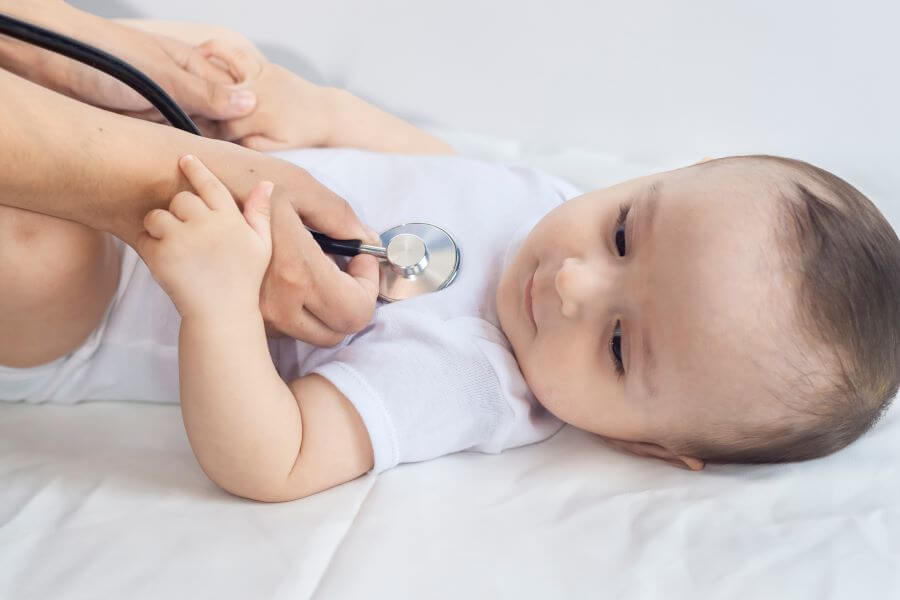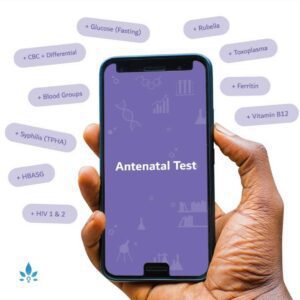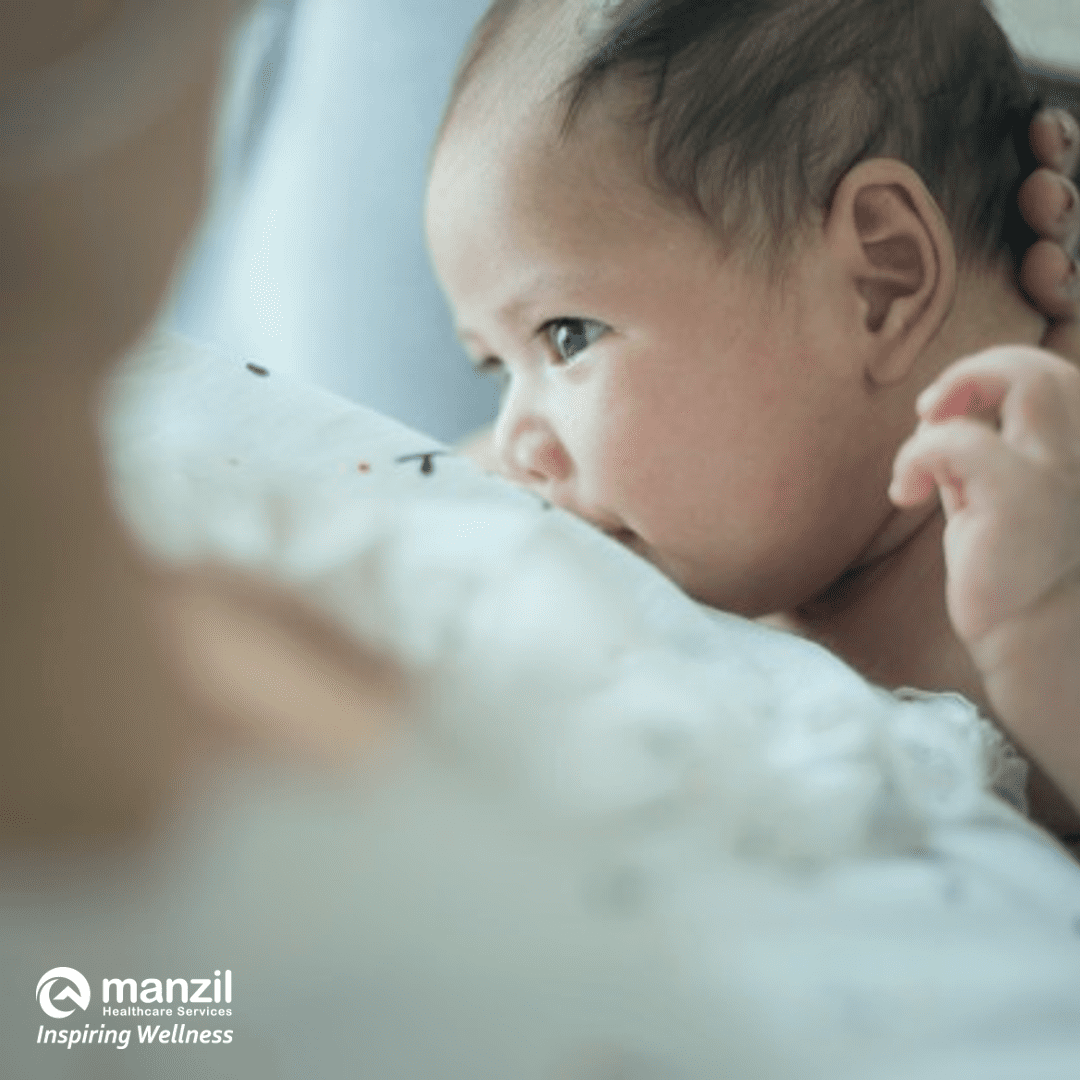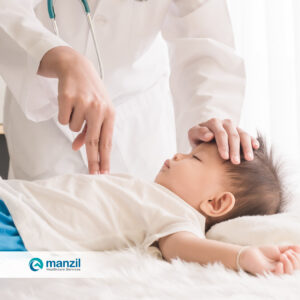Infant gas: When to Call Your Child’s Pediatrician


Gas is a natural part of life for all people—but many babies seem to have more than their fair share. This is because babies swallow a lot of air when crying, sucking on a pacifier, and eating. Their digestive tract also releases gas when breaking down foods. This can result in baby passing gas, burping, having a firm tummy, or seeming especially squirmy as they work to free any trapped air.
Although infant gas is largely considered a normal symptom, it is important to recognize when it could be a symptom of something more concerning, such as an underlying illness.
When to get urgent medical attention
Seeking emergency treatment for gas-related symptoms is rare, but can occur. Some signs that you may need to seek urgent medical attention include the following symptoms:
- Temperature is greater than 100.4 degrees Fahrenheit or less than 96.8 degrees Fahrenheit (taken rectally) in babies younger than 12 weeks old.
- Two hours of crying without relief in an infant younger than 12 weeks old.
- Your baby seems to be in pain or you suspect your baby may have an injury.
- Refusal to eat in a newborn for several hours.
- When to schedule a non-emergency appointment with your pediatrician
Other symptoms accompanied by gas pain may be less worrisome but could merit a trip to your child’s pediatrician include:
Your child seems to have significant gas and tummy troubles after eating. This could indicate your baby needs a different formula or that something in your breast milk is causing discomfort.
Your child has diarrhea and gas after feedings. This could also indicate a food allergy or intolerance. Blood in the stool is particularly worrisome.
Typically, feeding-related causes of infant gas will emerge within an hour or so of eating. Otherwise, the gas could be more related to swallowing excessive amounts of air throughout the day.
When your child’s OK
If your baby has gas, but is still feeding and returns to his or her typical temperament after it passes, then gas is just a part of being a baby. Some babies are more sensitive to having gas than others. As your baby gets older, they will gain better control of their muscles and nervous system, including how to release gas when it arises. Until then, you can try at-home treatment methods such as more frequent burping during feedings and cycling your baby’s legs to encourage the release of gas.
Sources:
- American Academy of Family Physicians
- Feeding Problems in Infants and Children.
Nationwide Children’s - Infant Constipation.
Neighborhood Pediatrics - The Cause and Treatment of Infant, Newborn and Baby Gas Problems.
Seattle Children’s Hospital - Crying Baby Before 3 Months Old.
Stanford Children’s Health - Gastrointestinal Problems.
Powered by Bundoo®













































